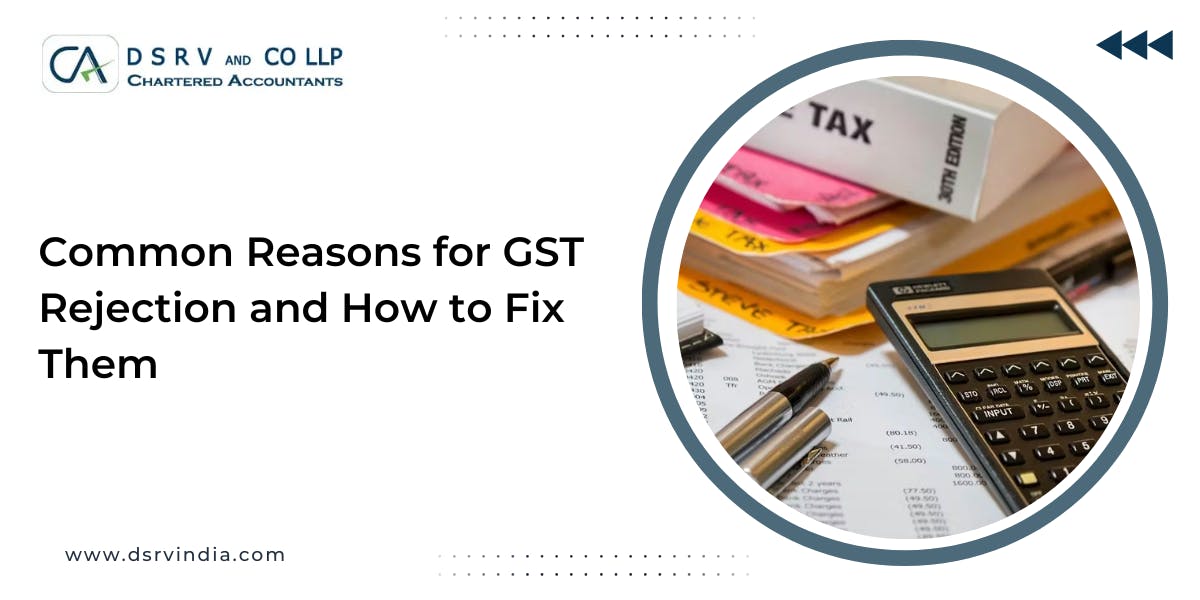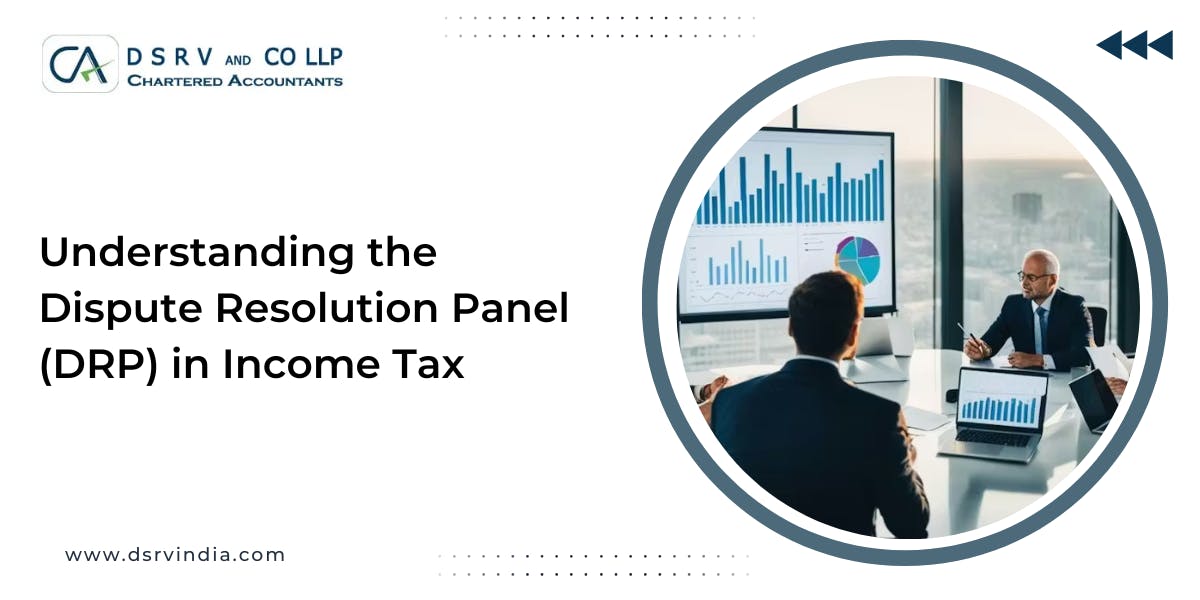What Exactly Is Transfer Pricing?
Transfer Pricing is the act of deciding a price for the exchange of goods or services among related parties within an organization. These associated parties could be different branches of the same company or businesses owned by the same individuals.
As a tax consultant in Gurgaon, we often meet business owners facing challenges regarding the tax planning procedure. However, some of you are unaware of the fact that transfer pricing can actually benefit your business. It helps to reduce the tax burden of the parent organization and can lead to tax savings.
For example: a parent business in India sells a product to its subsidiary in the United States. The transfer price is the price at which this transaction takes place. This price must be set at the arm's length principle, which means it must be the same as if the transaction were between unrelated persons.
Conducting a TP Study is crucial in the world of tax planning and compliance. A TP Study, also known as a Transfer Pricing Study Report, is a comprehensive analysis that ensures your corporation follow tax requirements and transfer earnings appropriately among related organizations.
The Role Of Transfer Pricing In Tax Planning In India
Transfer pricing plays an important role in cross-border tax planning for companies doing global business operations. It makes sure that capital gains are shared fairly among different parts of the company, and each part follows the income-tax rules of its own area. Your company can avoid tax authorities raising concerns about potential profit shifting by setting reasonable transfer prices. This helps make the global tax system more transparent and fair.
Learn More About Cross Border Mergers and Acquisitions In Details : A Beginner's Guide to Cross-Border Mergers and Acquisitions in India
What Are The Objectives of Transfer Pricing?
As Benjamin Franklin wisely said, 'In this world, nothing can be said to be certain, except death and taxes.' This makes understanding the role of transfer planning becomes more important. Let's demystify this crucial aspect of Income tax law together to make sure that your firm complies with the transfer pricing laws in India.
Keeping Taxes Fair
Transfer pricing provisions make sure companies can't play tricks with prices to move profits to places with lower taxes, avoiding paying their fair share.
Fair Market Value
It ensures that goods and services are traded at a price that reflects their true market value as if they were sold to an unrelated third party.
Encouraging Healthy Competition
Fair transfer pricing practices promote healthy competition among related companies since they are held to the same pricing standards as external competitors.
Avoiding Double Taxation
It helps companies to avoid double taxation, which can occur when various departments tax the same income.
Must Read: BENCHMARK DECISION OF SUPREME COURT ON INCOME TAX ACT SECTION 148
How Do Transfer Pricing Laws Work?
Okay, let's break down the transfer price work process in a simple way! Consider a large enterprise with several branches that all work together. These sections occasionally need to buy or use goods and services from each other. In such cases "transfer price" helps to decide how much one branch should pay another for these items. This transfer price is like a fair price based on what the same thing would cost in the regular market. This helps to keep things fair inside the company.
Not only domestic transfer pricing, these laws also apply in international transactions, when a company operates in different countries. Transfer pricing is permitted, however, some businesses may misuse it to pay less in taxes, which is unfair. It's like attempting to move money to lower-tax locations. As a result, implementing transfer pricing wisely is crucial for your business!
Get Insights On The Impacts Of GST In Automobile Sector: A Comprehensive Guide To Learning The Impact Of GST On The Automobile Sector
Transfer Pricing Methodologies
There are generally five types of transfer pricing methods which are as follows -
A. Comparable Uncontrolled Price (CUP)
The CUP technique examines open market prices for similar kinds of goods or services. This strategy is simple and reliable as it ensures that prices within a company are in line with what they would be if sold to a third party.
B. Resale Price Method
The Resale Price Method (RPM) is a straightforward method for determining transfer prices. It all starts with a product's or service's selling price (resale price). Then, a gross margin is calculated by comparing the transaction to similar transactions from unrelated companies. This method is commonly used when a company is selling finished goods purchased from another associated enterprise.
C. Cost Plus Method
This method begins with the cost of manufacturing a product or service and then adds a fair profit margin. This ensures that the selling price covers the expense as well as a reasonable profit for the selling entity. It is frequently used for services or when one company supplies raw materials to another.
D. The Comparable Profits Method
The Comparable Profits Method (CPM) or Transactional Net Margin Method (TNMM) is a popular approach for transfer pricing. It compares the net profit of a regulated transaction to the net profit of comparable transactions in independent firms. This method, which requires only financial data, is simple to execute, especially for simple transactions, such as product manufacturing.
E. The Profit Split Method
This method works when connected businesses choose to split their profits, such as those that operate under the same brand. Unlike other systems, PSM considers how profits would be distributed if third parties were involved. It is especially effective when dealing with intangible assets or many controlled transactions at the same time.
A Big Example Of Transfer Pricing Case
Let's look at an interesting case study using Coca-Cola's global operations. Coca-Cola has been in a heated debate with tax authorities over a $3.3 billion transfer pricing agreement due to its vast presence in numerous global markets. Over the course of three years, Coca-Cola has transferred its intellectual property value to companies in Africa, Europe, and South America. The ongoing battle between Coca-Cola and the IRS reflects the complexities involved in transfer pricing. Don’t worry! With proper advice from a reputed CA firm like DSRV India and maintaining compliance in your business, you can do fair dealings in global operations.
We Will Help You Overcome Transfer Pricing Challenges
Hopefully, you have understood the role of transfer pricing in tax planning in India. If you are having difficulty in deciding which transfer pricing strategy is best for your company, just give us a call. As a reputable CA firm with a successful track record, we at DSRV India are here to help you. Our team of experts has the knowledge and practical experience to guide you to the best solution. Please do not hesitate to contact us to learn more about how we work to achieve the best financial results possible. Our top priority is your success.






